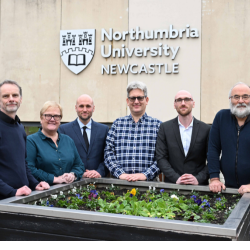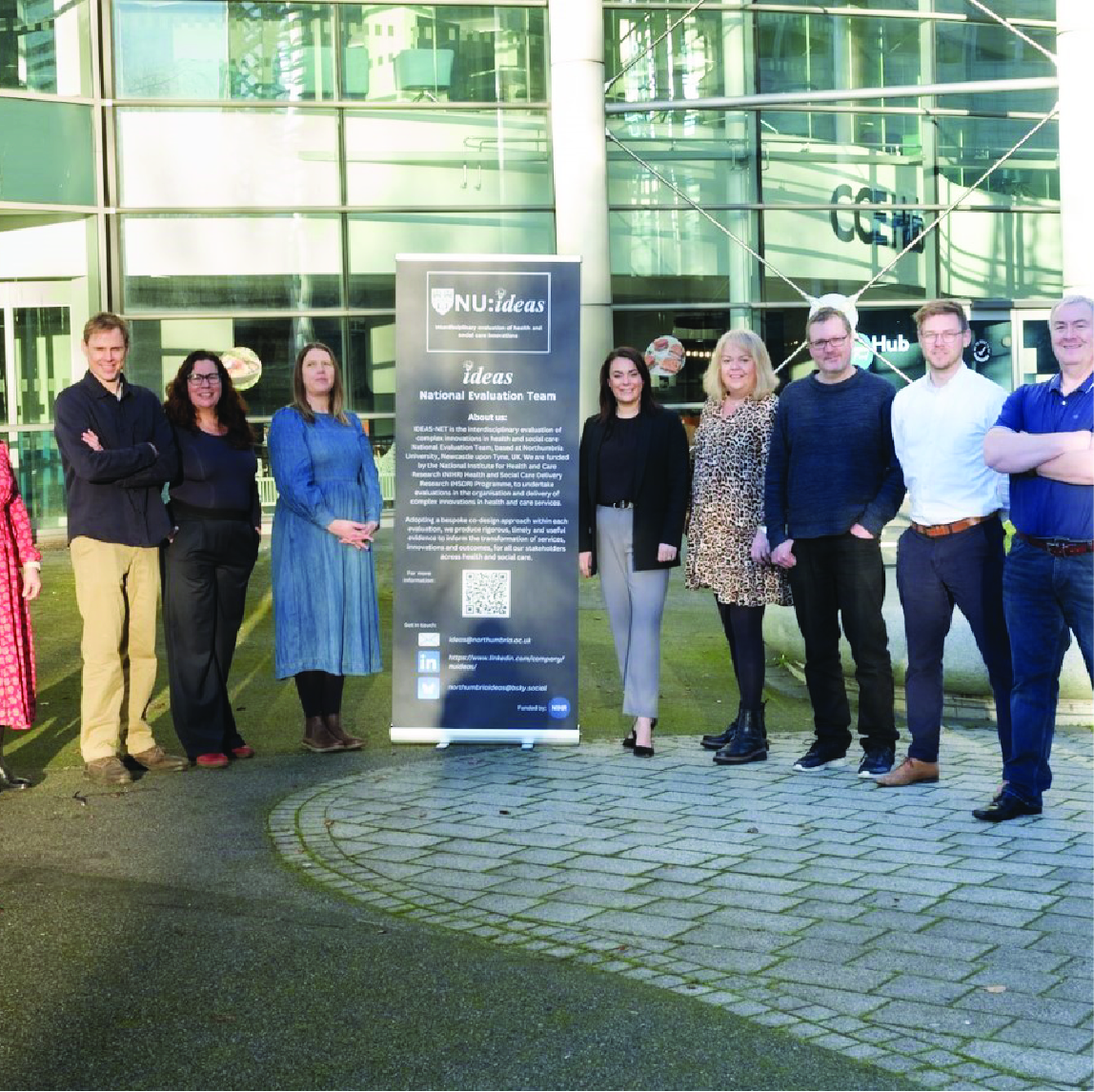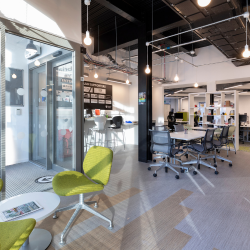-
Study
-
Quick Links
- Course Search
- Unlock Your Potential
- Still time to Apply
- Higher and Degree Apprenticeships
- Continuing Professional Development
- Still time to apply
-
Undergraduate
- Course Search
- Application Guides
- UCAS Exhibitions
- Foundation Years
- Fees and Funding
- School & College Outreach
- Information for Parents
-
Postgraduate
- Course Search
- Application Guide
- Postgraduate Research Degrees
- Flexible Learning
- Fees and Funding
- Change Direction
- Register your Interest
-
Student Life
- Students' Union
- The Hub - Student Blog
- Accommodation
- Northumbria Sport
- Support for Students
-
Experience Northumbria
- Open Days & Events
- Virtual Tours
- Campus Tours
- Life in Newcastle
-
-
International
International
Northumbria’s global footprint touches every continent across the world, through our global partnerships across 17 institutions in 10 countries, to our 277,000 strong alumni community and 150 recruitment partners – we prepare our students for the challenges of tomorrow. Discover more about how to join Northumbria’s global family or our partnerships.
View our Global Footprint-
Quick Links
- Course Search
- Undergraduate Study
- Postgraduate Study
- Information for Parents
- London Campus
- Northumbria Pathway
- Sign up for Information
-
International Students
- Information for Students
- International Events
- Application Guide
- Entry Requirements and Education Country Agents
- Global Offices
- English Requirements
- English Language Centre
- International student support
-
International Fees and Funding
- International Undergraduate Fees
- International Undergraduate Funding
- International Masters Fees
- International Masters Funding
- International Postgraduate Research Fees
- International Postgraduate Research Funding
-
International Partners
- Agent and Representative Network
- Global Partnerships
- Global Community
-
International Mobility
- Information for Northumbria Students
- Information for Incoming Exchange Students
-
-
Business
Business
The world is changing faster than ever before. The future is there to be won by organisations who find ways to turn today's possibilities into tomorrows competitive edge. In a connected world, collaboration can be the key to success.
More on our Business Services -
Research
Research
Northumbria is a research-rich, business-focused, professional university with a global reputation for academic quality. We conduct ground-breaking research that is responsive to the science & technology, health & well being, economic and social and arts & cultural needs for the communities
Discover more about our Research -
About Us
-
About Northumbria
- Our Strategy
- Our Staff
- Place and Partnerships
- Leadership & Governance
- Academic Departments
- University Services
- History of Northumbria
- Contact us
- Online Shop
-
-
Alumni
Alumni
Northumbria University is renowned for the calibre of its business-ready graduates. Our alumni network has over 246,000 graduates based in 178 countries worldwide in a range of sectors, our alumni are making a real impact on the world.
Our Alumni - Work For Us
What will I learn on this module?
Academic skills when studying away from your home country can differ due to cultural and language differences in teaching and assessment practices. This module is designed to support your transition in the use and practice of technical language and subject specific skills around assessments and teaching provision in your chosen subject. The overall aim of this module is to develop your abilities to read and study effectively for academic purposes; to develop your skills in analysing and using source material in seminars and academic writing and to develop your use and application of language and communications skills to a higher level.
The topics you will cover on the module include:
• Understanding assignment briefs and exam questions.
• Developing academic writing skills, including citation, paraphrasing, and summarising.
• Practising ‘critical reading’ and ‘critical writing’
• Planning and structuring academic assignments (e.g. essays, reports and presentations).
• Avoiding academic misconduct and gaining credit by using academic sources and referencing effectively.
• Listening skills for lectures.
• Speaking in seminar presentations.
• Presenting your ideas
• Giving discipline-related academic presentations, experiencing peer observation, and receiving formative feedback.
• Speed reading techniques.
• Developing self-reflection skills.
How will I learn on this module?
This module is taught by interactive seminars and use of practical group activities in the sessions.
The material delivered in practical workshops is designed to enhance your capabilities as an independent learner. This will involve significant self-directed learning and will test your ability to interact with others during group sessions. The sessions will be tailored to address some of the specific issues that you meet within your chosen discipline. When working in groups the nature of the activity will vary from group to group depending upon your specific programme of study. For example, you will develop your critical analysis and critical writing skills by analysing the work of other academics according to the requirements of your programme/module assignments. In addition to the core topics listed, your learning will be supported by your own self–reflection of your skills and academic areas of interest and you will be asked to share these in specific sessions.
Individual attendance and your participation in group work is essential to your learning and as such forms part of your summative assessment. You will be expected to participate in the practical classes having completed directed pre-reading and preparation tasks provided by your tutor. Additional directed learning will be provided to support the development of your skills base, the use of the e-learning platform and support your self-reflection.
How will I be supported academically on this module?
All teaching materials for the module are made available on the module electronic learning portal (eLP) site. You will be provided with a teaching and learning plan that outlines the formal sessions, along with the tutor-directed study tasks and independent reading associated with each session. You will be asked to use both email and eLP to share ideas and feedback.
Teaching staff operate an ‘open door’ policy for students meaning you can approach them anytime during normal office hours, or via email, to answer questions, receive feedback and support your learning on the module.
What will I be expected to read on this module?
All modules at Northumbria include a range of reading materials that students are expected to engage with. Online reading lists (provided after enrolment) give you access to your reading material for your modules. The Library works in partnership with your module tutors to ensure you have access to the material that you need.
What will I be expected to achieve?
Intellectual / Professional skills & abilities:
• MLO1: Read and listen critically, and use a variety of information sources effectively
• MLO2: Recognise and apply the conventions of academic writing, and write effectively within an academic context
• MLO3: Collate subject-related information, reference and organise those resources, and prepare and deliver academic presentations
Personal Values Attributes (Global / Cultural awareness, Ethics, Curiosity) (PVA):
• MLO4: Assess personal strengths and weaknesses in relation to academic study and language skills, and identify strategies that can be used to further develop their skills.
How will I be assessed?
Summative Assessment:
The module is assessed by three components. These are attendance, a group presentation and a 300 word written assignment. They are all pass/fail.
Attendance of 70% of the timetabled sessions* is required. [All MLOs]
Preparation and participation in a small- group discipline-related presentation that is relevant to your area of study. [MLO3]
Individual written subject specific assessment that is relevant to your subject discipline. [MLO2]
Formative Assessment:
You are expected to participate in a combination of 1-2 formative written and presentation assignments that are provided per semester. Formative assessment will take place through group work, discussion, specific academic language tasks, and text modelling as appropriate.
Feedback:
Class discussion and tutor feedback on in class exercises will support your learning and provide guidance for the summative assessments. Written feedback will be provided on summative assessed work. For presentation, feedback will be supplemented with verbal comment and discussion.
* (If you have valid grounds for non-attendance [such as illness], then appropriate documentary evidence [such as a doctor’s letter] must be provided to the module tutor at the following session. Any anticipated non-attendance [for example, for an interview] must be approved by the module tutor in advance.)
Pre-requisite(s)
None
Co-requisite(s)
None
Module abstract
The aim of this module is to support your study, language and communication skills for academic purposes in the study in your chosen discipline. The module is designed to enable you to become an independent learner. The module is supported by a teaching and learning plan which outlines the formal sessions, together with the tutor-directed study and independent reading. Interactive workshops will be tailored to address some of the specific issues that you meet within your discipline. Directed learning will require a range of activities including pre-reading, preparation for interactive activities and use of the e-learning platform. You will be expected to identify those skills which you need within your programme, and to develop these independently through a range of learning activities that might include extended reading, and reflection.
Course info
UCAS Code F3F5
Credits 0
Level of Study Undergraduate
Mode of Study 3 years Full Time or 4 years with a placement (sandwich)/study abroad
Department Mathematics, Physics and Electrical Engineering
Location City Campus, Northumbria University
City Newcastle
Start September 2025 or September 2026
All information is accurate at the time of sharing.
Full time Courses are primarily delivered via on-campus face to face learning but could include elements of online learning. Most courses run as planned and as promoted on our website and via our marketing materials, but if there are any substantial changes (as determined by the Competition and Markets Authority) to a course or there is the potential that course may be withdrawn, we will notify all affected applicants as soon as possible with advice and guidance regarding their options. It is also important to be aware that optional modules listed on course pages may be subject to change depending on uptake numbers each year.
Contact time is subject to increase or decrease in line with possible restrictions imposed by the government or the University in the interest of maintaining the health and safety and wellbeing of students, staff, and visitors if this is deemed necessary in future.
Useful Links
Find out about our distinctive approach at
www.northumbria.ac.uk/exp
Admissions Terms and Conditions
northumbria.ac.uk/terms
Fees and Funding
northumbria.ac.uk/fees
Admissions Policy
northumbria.ac.uk/adpolicy
Admissions Complaints Policy
northumbria.ac.uk/complaints









